Part I: The Strategy for Credit Repair and Score Boost
The Foundation: Timely Payments and Responsibility
Your payment history is the most critical factor. Lenders want to know they can rely on you. Tardy or delinquent payments affect your credit score immediately. A bad credit score comes down drastically. Repair credit by setting up autopay mandates. This ensures every EMI is paid on time. Always prioritize your loan EMIs and dues.
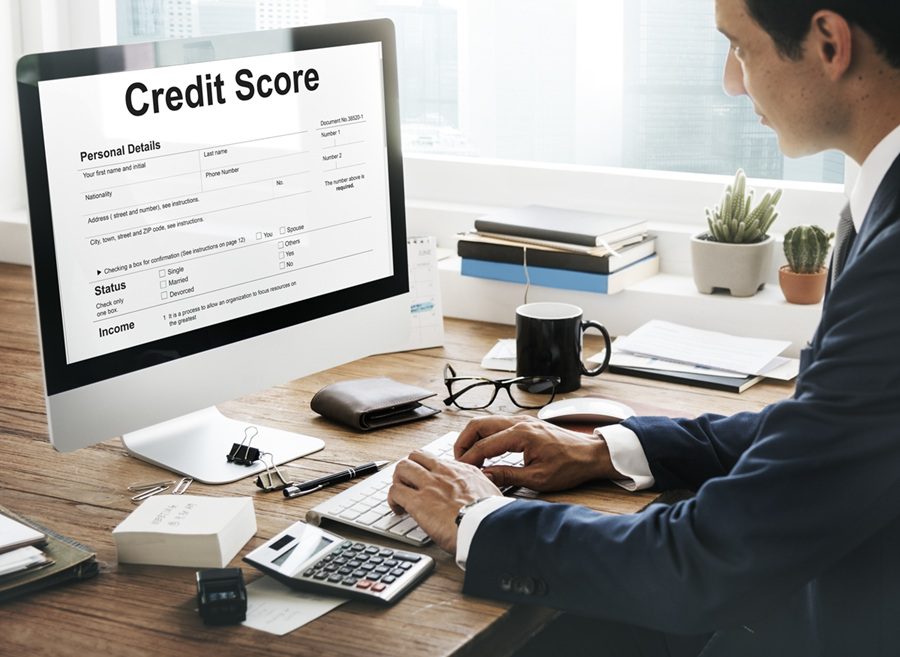
Case-study: The Power of Consistency Mr. Abhishek Pandey’s CIBIL score was drastically low. He faced severe financial distress and harassment. His credit profile was damaged by bounced EMIs. He began repair credit efforts immediately. Focusing solely on timely repayments provided stability. Consequently, his score significantly improved. He achieved debt-free status eventually.
What is Credit Utilization Ratio (CUR)?
Your credit utilization ratio is also highly important. This ratio measures debt against total credit limit. Lenders prefer this ratio below 45%. High utilization signals financial stress. Aim to keep your credit utilization ratio at 10% for optimum benefit. You can make two card payments monthly. This helps keep your balances low. Consider asking for a higher credit card limit strategically. This lowers your ratio without increasing spending.
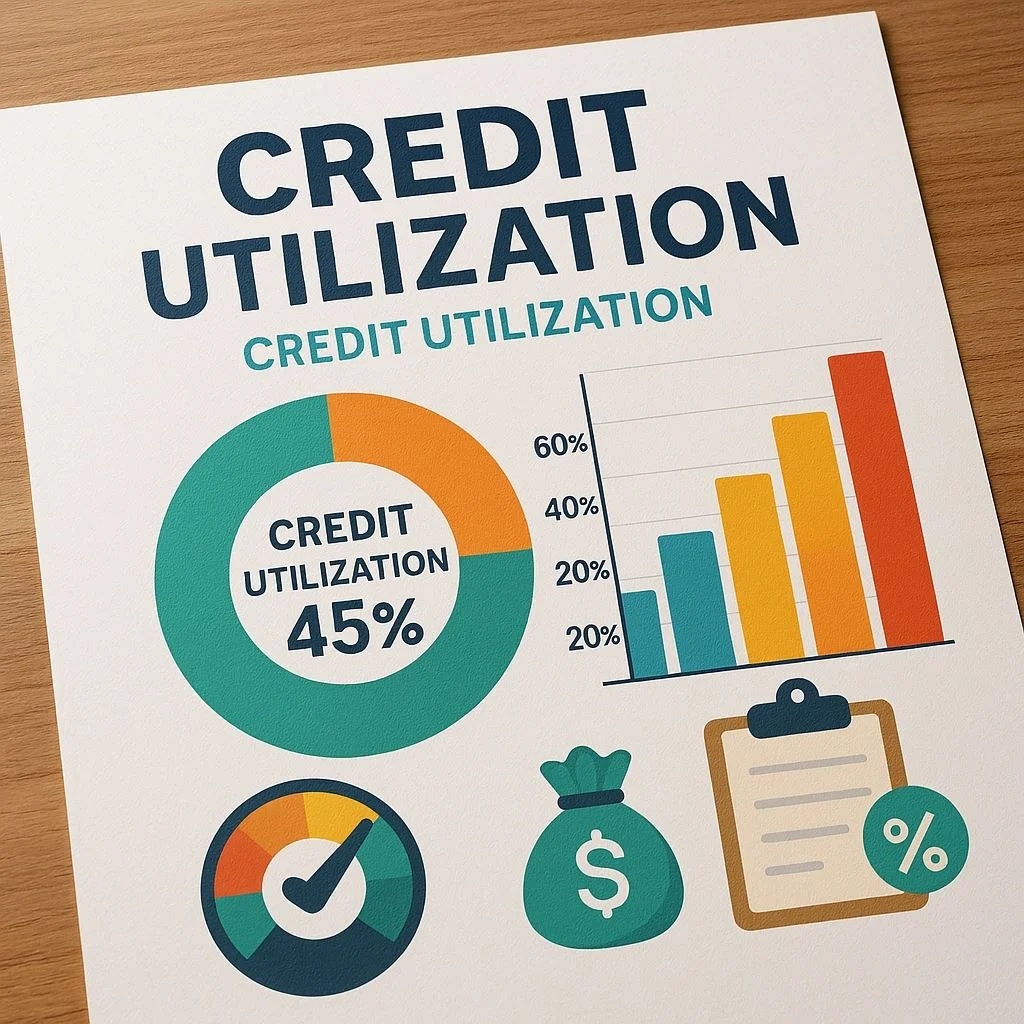
The Importance of Disciplined Credit
You must avoid acquiring multiple loans at once. Multiple hard inquiries signal instability. This can lower your credit score temporarily. Plan your credit inquiries carefully beforehand. Use an eligibility calculator to assess borrowing potential. The goal is to limit unnecessary credit applications. This conservative planning enhances your credit profile over time. Maintaining a healthy credit mix is also advisable.
Part II: Loan Consolidation Strategies for Debt Management
The Role of Loan Consolidation
Loan consolidation strategies simplify complex debt effectively. It involves combining multiple high-interest debts. You get a single, new loan. This new debt consolidation loan often has a lower interest rate. Consequently, managing your monthly payments is easier. This strategy helps avoid late fees and reduces mental stress.
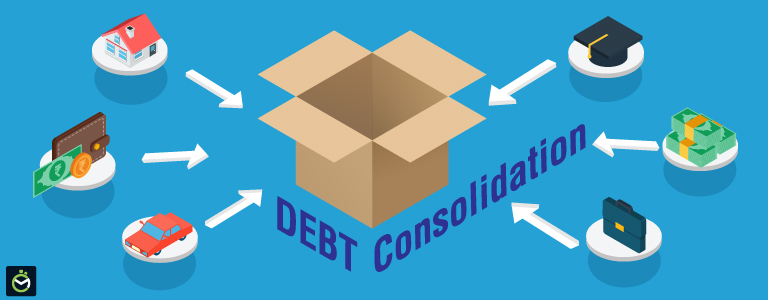
Case-study: Consolidating for Freedom Mr. Mukesh P from Mumbai struggled. He carried a heavy ₹76,000 EMI burden. He utilized loan consolidation strategies successfully. His multiple business loans were restructured effectively. Consequently, his total EMI dropped to a manageable ₹35,000. This immediate stability proved invaluable. This illustrates the power of planned debt management.
Choosing the Right Consolidation Tool
You can achieve debt consolidation via different means. A secured loan may offer better rates. Balance transfer credit cards are an option too. These cards often offer a 0% introductory interest rate. However, you must pay off the balance promptly. Avoid running up those old balances again quickly.
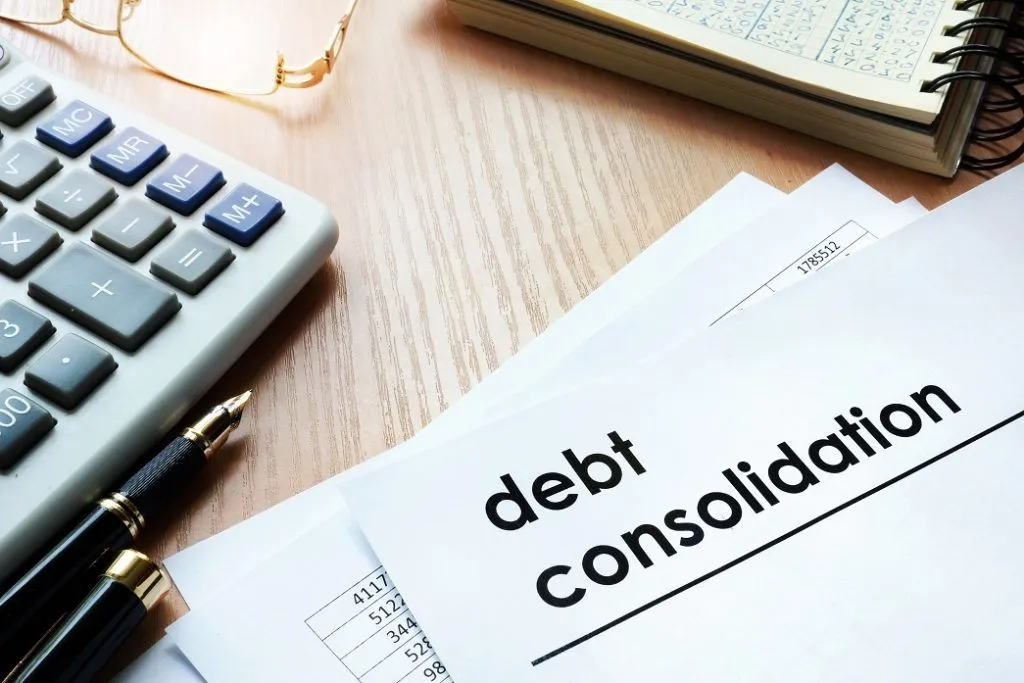
The Long-Term Impact on Credit
Debt consolidation can boost your credit score eventually. By reducing the number of bills, timely payment is assured. Consistent, timely payments improve your credit rating significantly. This is the ultimate goal of effective debt management.
Part III: Advanced Credit Optimization and FAQs
Checking Your Report and Final Steps
Always check your credit report often. Administrative errors can happen easily. You can dispute credit report inaccuracies immediately. This action might quickly improve your credit score. Credit monitoring services are readily available now. They send alerts for any reported changes.
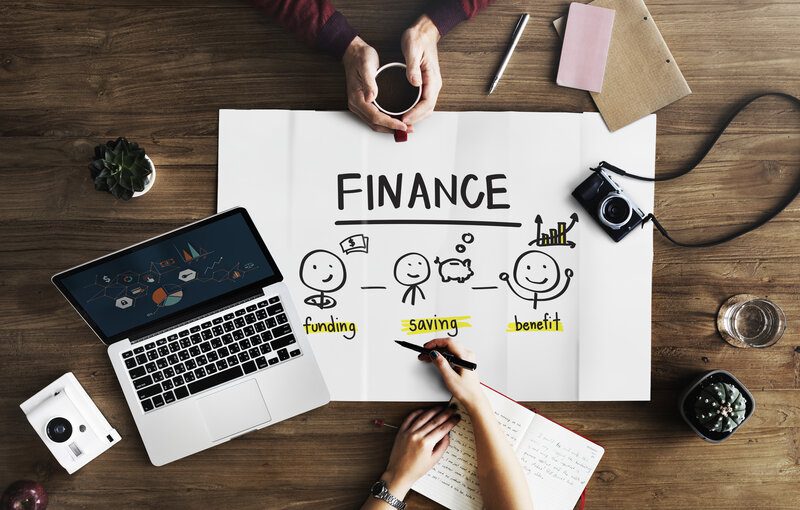
The Final Word on Financial Discipline
Maintain healthy credit status always. This demonstrates financial responsibility to lenders. Do not close old credit accounts unnecessarily. The length of your credit history positively affects your score. Opt for a longer loan tenure if needed. This reduces the monthly repayment burden effectively. This strategy helps maintain healthy credit over time.
Pros
Credit Repair: Timely payments improve scores quickly.
Debt Management: Loan consolidation strategies simplify payments.
Cost Savings: Consolidation can lower the total interest paid.
Transparency: Regular credit report checks spot errors.
Cons
Temporary Dip: Debt consolidation can temporarily lower the score.
Risk of New Debt: Temptation to use paid-off cards increases.
Settlement Mark: Negotiated settlements negatively impact your score.

Frequently Asked Questions (FAQs)
Q1: How low should my credit utilization ratio be?
A: Keeping the ratio below 30% is crucial. Below 10% is considered ideal.
Q2: What is the fastest way to repair credit after a default?
A: Prioritize resolving outstanding debts immediately. Then ensure timely payments consistently.
Q3: Does taking a debt consolidation loan hurt my score?
A: Initially, yes, due to the hard inquiry. The score improves with timely repayments.
Q4: Should I seek credit counseling or manage debt myself?
A: Credit counseling is helpful if you feel overwhelmed. You can consolidate debt yourself easily if you have good credit.
Q5: How can I improve my overall credit mix?
A: Include both secured and unsecured loans. This shows disciplined borrowing behavior.
What is the biggest roadblock preventing your financial stability? Do you find loan consolidation strategies too complex? Let us know in the comments below!
Almost 40% of people have paid a late fee on their #debt in the last 12 months.
— Money Management International (@moneymanagement) September 25, 2024
You're not alone in your financial struggles. We can help. pic.twitter.com/P0sdzqEDdz
#DebtManagement #CreditScore #LoanConsolidation #FinancialFreedom #CIBIL #CreditRepair #FinanceIndia #Savings



![Relationship Goals Review: Is It Your Next Favorite Rom-Com? [2026]](https://outfluent.blog/wp-content/uploads/2026/02/Relationship-Goals-Review-1-180x135.jpg)
![Cradle of Kindness: A Mumbai Cop’s Heartwarming Gift| Viral Stories [2026] Cradle of kindness](https://outfluent.blog/wp-content/uploads/2026/02/Mumbai-cop-kindness-180x135.webp)















![Daldal Review: A Scary Look into Mumbai’s Dark Secrets [2026] Daldal review](https://outfluent.blog/wp-content/uploads/2026/01/Daldal-Review2-180x135.webp)




















wg777, is totally worth checking out, my dude. Good stuff there. Investigate wg777
I love how this article highlights both debt management and credit optimization. It’s not just about paying off debt but also making sure your credit is working in your favor. Too often, people forget how these two are connected!
Love the practical tips in this post—managing debt can feel overwhelming, but breaking it down into actionable steps really helps. I think the emphasis on credit optimization is key for anyone looking to build a solid financial future.